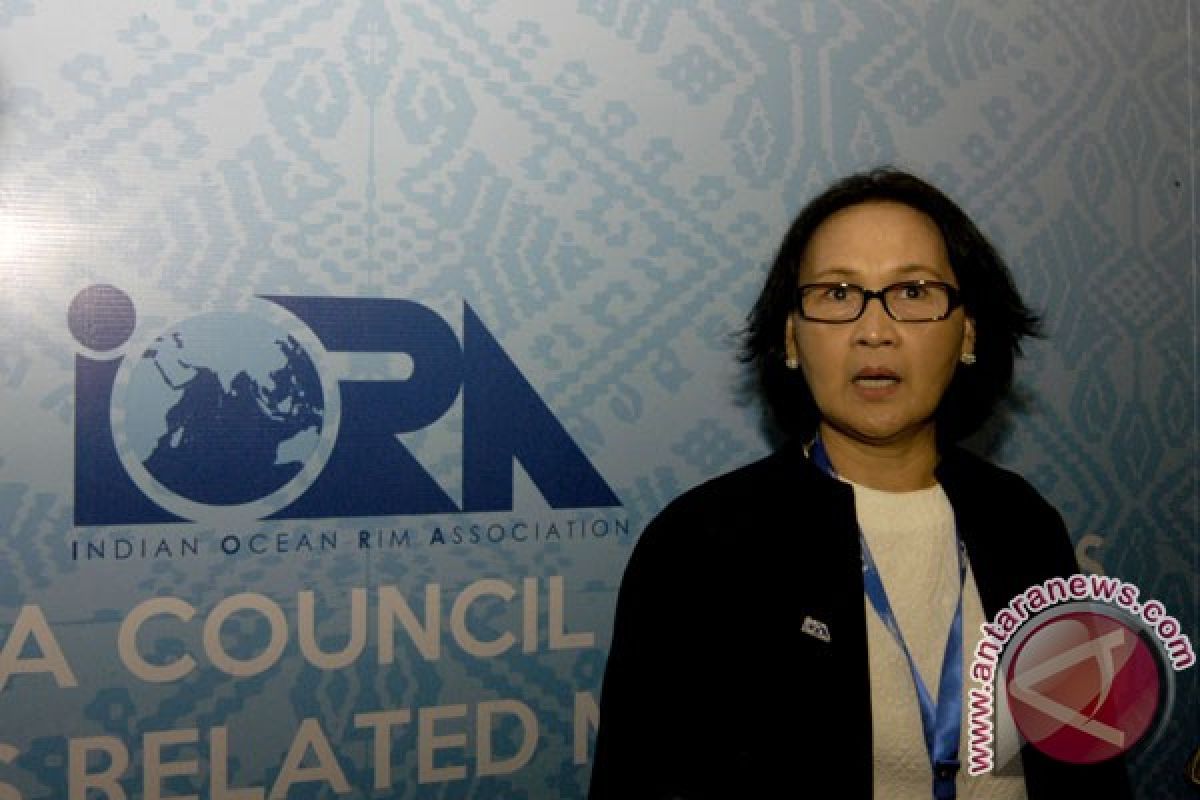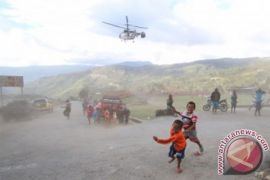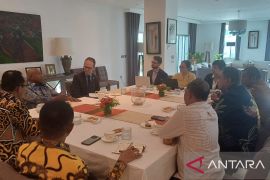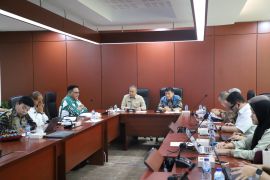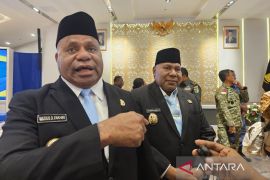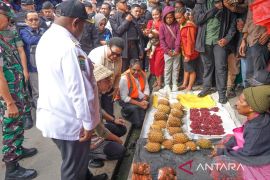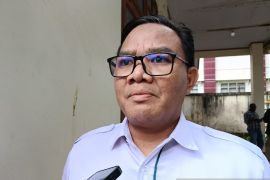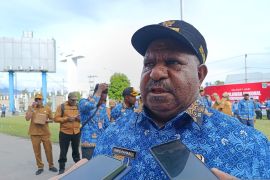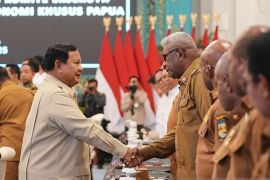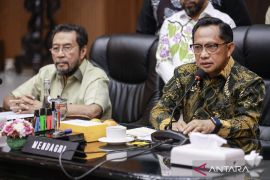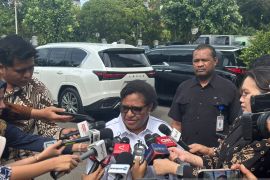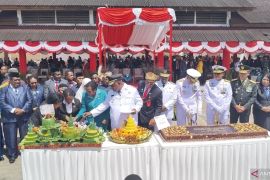"The government should approach the people of Papua and West Papua and communicate the issue of infrastructure development and connectivity with them. Otherwise, it is feared that they would reject the development and consequently they would accused of being anti government," Adriana Elisabeth, the Papua Study Team Coordinator at LIPI, remarked here on Monday.
Moreover, she noted that Papua was a conflict-prone region, with several remote villages that were yet to be connected through means of land transportation.
Elisabeth stated that infrastructure development and connectivity in Papua and West Papua should not raise suspicions among members of the local community that it was solely intended to benefit Jakarta.
"The approach needs to be taken to avoid raising suspicions among Papuans over the construction of roads in the interior areas. The local people need to be provided a clear understanding that connectivity is intended to boost the economy of Papua and West Papua," she affirmed.
According to Elisabeth, the Papuan people must be convinced that if connectivity improved, more investors would come to invest in Papua and West Papua, and the results would be experienced and enjoyed by them.
President Joko Widodo (Jokowi) has affirmed that the improvement in connectivity and land transport infrastructure development in Papua and West Papua was aimed at boosting economic growth and welfare of the local communities.
During a visit to West Papua on December 31, 2015, the head of state noted that all districts and cities in Papua and West Papua will be connected through land transport by 2018.
(Uu.O001/F001)
Editor: Priyambodo RH
Copyright © ANTARA 2016
